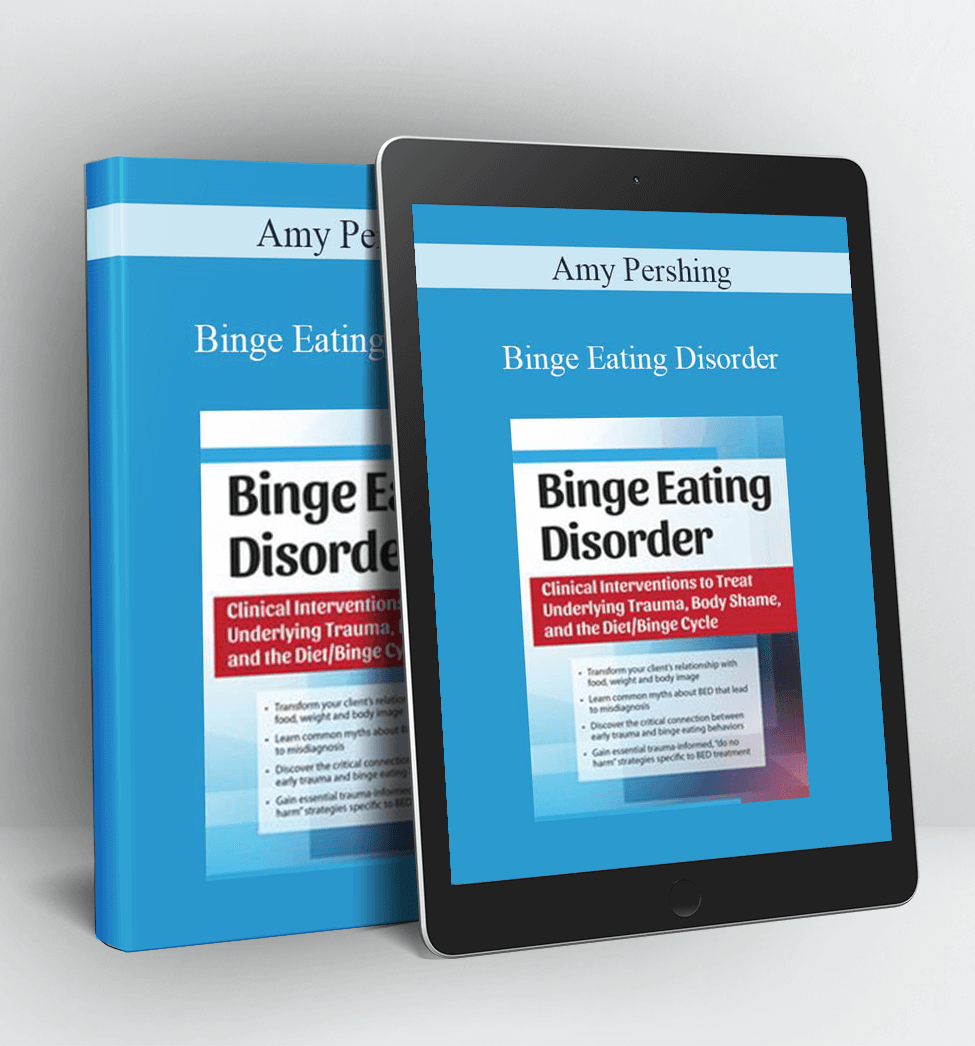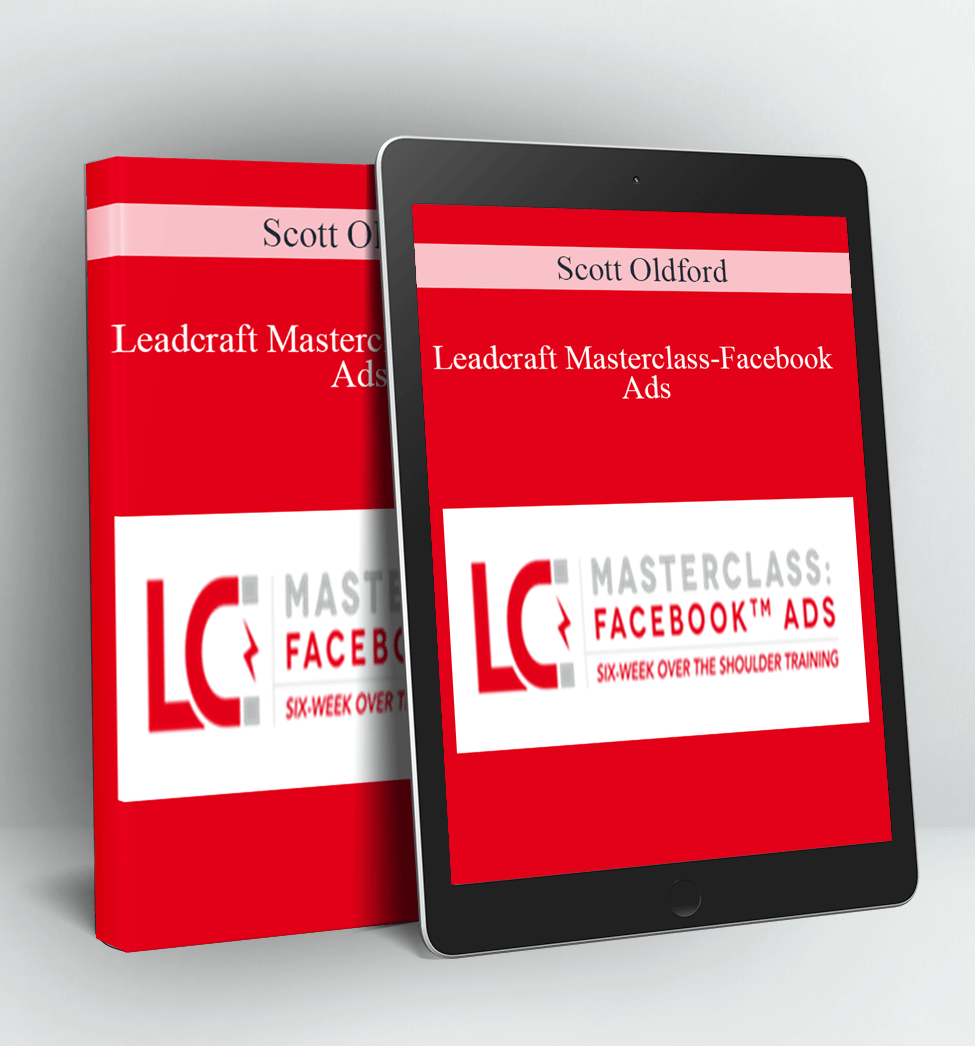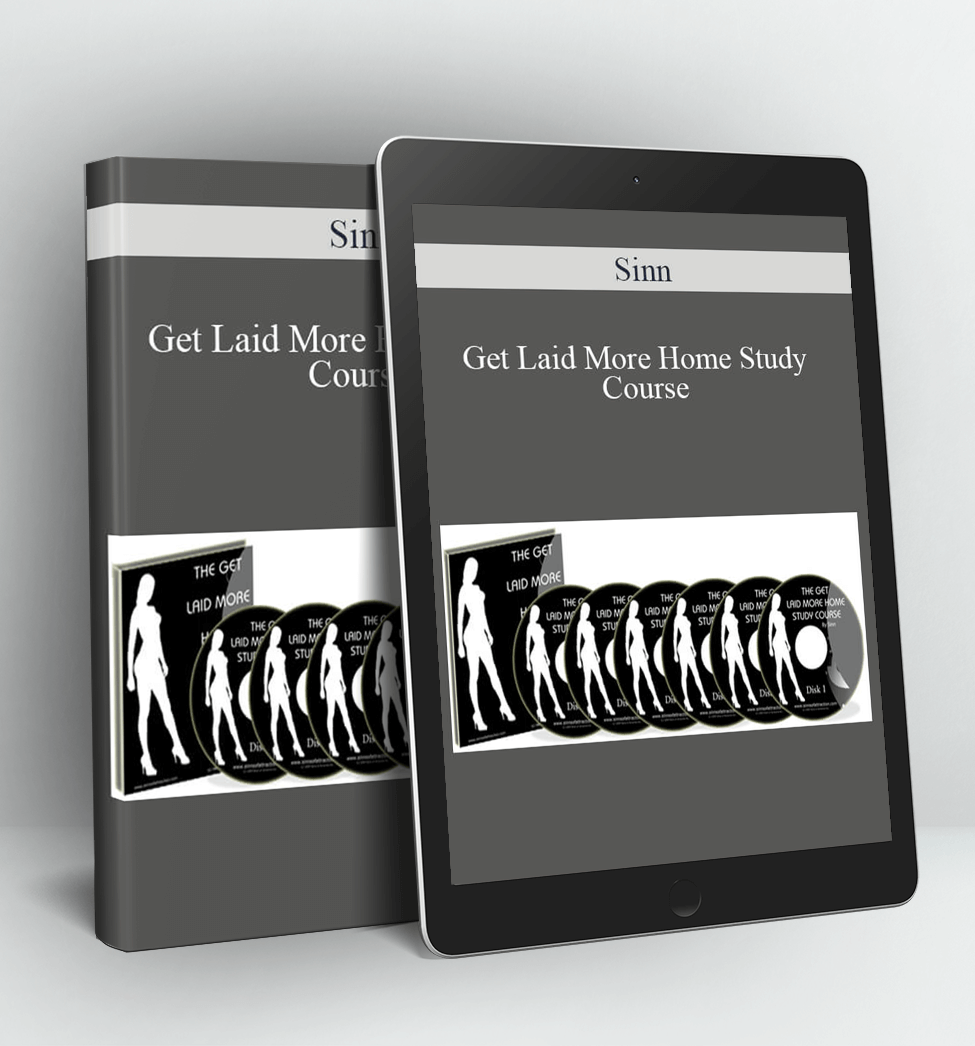Binge Eating Disorder: Clinical Interventions to Treat Underlying Trauma, Body Shame, and the Diet/Binge Cycle – Amy Pershing
Description
Body shaming comments. Lengthy dieting history. Shame associated with food choices. Black and white rules around eating. Talking frequently about weight loss/gain – or evading the issues completely. Does your client have disordered eating or binge eating disorder?
Three times more common than all other eating disorders combined, Binge Eating Disorder is pervasive across gender, race, sexual orientation, and socioeconomic status throughout the United States. And given that 80% of clients with BED also have a history of trauma, you need to know how to assess and treat this disorder regardless of your clinical specialty.
If you’re doing trauma work, you may already have clients with BED. Are you prepared?
In this recording, join Amy Pershing, LMSW, ACSW, author, psychotherapist and expert on BED, as she introduces a comprehensive, evidence-based toolkit of successful interventions that:
- Transform your client’s relationship with food, weight, and body image
- Incorporate the critical connection between early trauma and binge eating disorders
- Help process trauma narratives and somatic activations that fuel binge eating
- Integrate the crucial strategies of “Attuned Eating and Movement”
- Connect your client with weight-neutral nutritionists and medical providers
Don’t miss this unique opportunity to help your clients make peace with food and their bodies!
Handouts
Outline
Get to Know Binge Eating Disorder (BED)
- 5 damaging myths about BED and the recovery process
- What makes treatment of BED unique from other eating disorders
- Why treatment often fails
- Current research: Gains, limitations, risks
- Why weight has nothing to do with it
- Is BED an addiction?
- Key tenets of weight-neutral recovery
Complex Trauma and Binge Eating
- The neurobiological legacy of trauma in binge eating
- Fragmentation of the self: the role of dissociation in BED
- How trauma activates the binge/diet cycle
- Saving “Self”: the role of binge eating in managing danger
- Attachment ruptures, social anxiety and the binge cycle
- A body-shaming culture’s impact on trauma narratives
Assessment & Treatment Planning
- 5 must-ask intake questions
- What to look/listen for to identify BED
- DSM-5® criteria
- How to gather food history information
- Ruling out co-occurring medical issues
- Common co-morbidities: depression, anxiety, personality disorders
- Screening for trauma 100% of the time
- Why the initial goal is not to stop bingeing
Clinical Strategies for Processing Trauma and Stopping the Binge Cycle
- Why a “do-no-harm, strengths-based” approach is critical with BED clients
- Psychoeducation – initially and throughout treatment
- P.O.W.R. process for trauma activation, finding the “window of tolerance”
- The nuanced parallel process of each treatment piece
IFS-Informed Recovery Strategies
- Stepping into Self
- Identify fragmented “parts”
- Develop compassionate curiosity toward the “parts”
- Build affect tolerance
Attuned Eating and Movement: Stepping into the Body
- What the data tells us about behavioral weight loss/dieting
- 5 steps of attuned eating to teach your clients
- The body as a wise ally, not broken or wrong
- Using the body as the best source of information
- Teaching clients to know when the trauma narrative has been triggered
- Attuned movement v. “exercise”
Reinventing Body Image: Help Clients Feel at Home in their Bodies
- The truth about weight and health
- Cultural narrative about weight and worthiness
- The healing power of Health at Every Size (HAES)
- Help clients shift from “body as billboard” to “body as home”
- How the clinician’s body image impacts treatment
Building Resiliency to Relapse
- 4 A’s: Awareness, analysis, action, accountability
- Finding community that aligns with your recovery
- Resources for weight-neutral medical/nutritional care
- Collaborative care with prescribers
Clinical Considerations
- Doing your own work: Modeling body acceptance
- Navigating countertransference/bias
- Multicultural considerations – Gender, race/ethnicity, sexual orientation
Faculty
Amy Pershing, LMSW, ACSW Related seminars and products: 2
Amy Pershing, LMSW, ACSW, founder of the Bodywise® Binge Eating Disorder Recovery Program and Clinical Director of The Center for Eating Disorders in Ann Arbor, MI, has over 30 years of clinical experience and serves as a consultant and trainer for clinicians treating BED nationwide. A founding member and past chair of the Binge Eating Disorder Association (BEDA) and recipient of the association’s 2016 Pioneer in Clinical Advocacy Award, Amy is a sought after international lecturer, keynote speaker and author. She is the author of Binge Eating Disorder: The Journey to Recovery and Beyond (Routledge/Taylor and Francis, 2018) and has authored several articles, chapters and tv/radio/podcast segments on BED recovery, relapse prevention, weight stigma, and Attuned Eating and Movement (AEM). She is the creator of “Hungerwise™,” a comprehensive outpatient treatment program for ending chronic dieting and weight cycling, offered jointly with St. Joseph Mercy Health System in Michigan and nationally online. In addition, Amy maintains a private practice in Ann Arbor, MI.
Based upon her wealth of knowledge and experience, Amy has developed a comprehensive treatment approach for BED that is strengths-based, incorporating Internal Family Systems, somatic trauma techniques, Attuned Eating and Movement (AEM), and a “health at every size” philosophy. Having recovered herself, Amy offers a compelling perspective to treatment that makes her both accessible and relatable for professionals and clients alike.
Speaker Disclosures:
Financial: Amy Pershing is the founder of Bodywise. She is the clinical director of the Center for Eating Disorders. Ms. Pershing receives a speaking honorarium from PESI, Inc.
Non-financial: Amy Pershing has no relevant non-financial relationship to disclose.
Proof Content:
https://www.loom.com/i/5c139309c8bb4ca9bf631f3ced3a93d7
Delivery Method:
After your purchase, you’ll get access to the downloads page. Here, you can download all the files associated with your order.
Downloads are available once your payment is confirmed, we’ll also send you a download notification email separate from any transaction notification emails you receive from Vinlearn.




